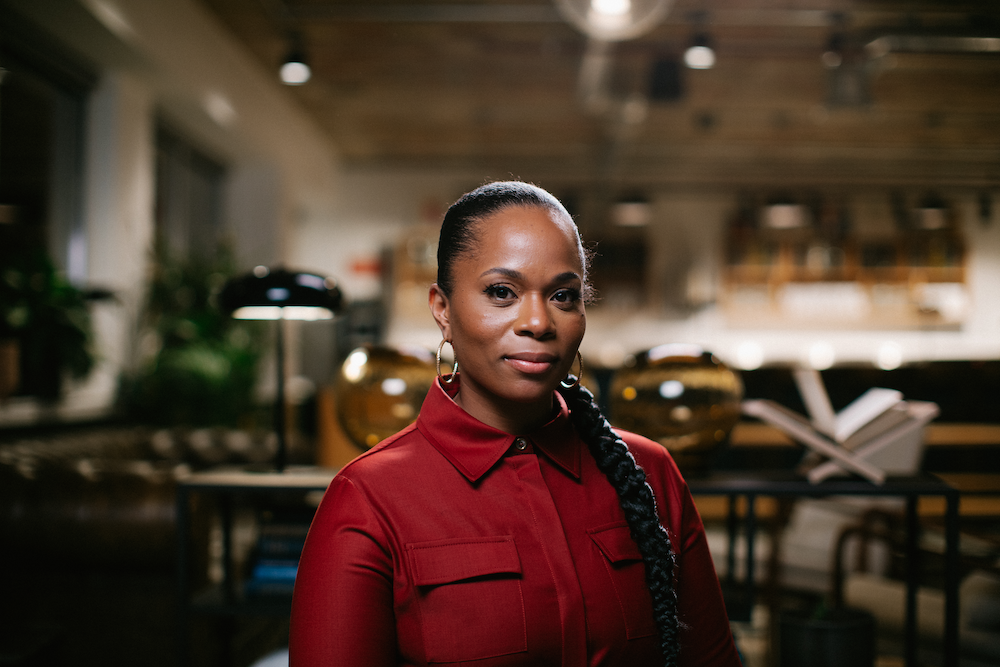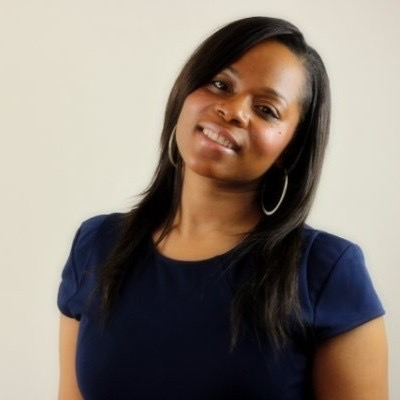While there is currently no data about the experience and everyday reality for Black musicians in the UK, a new survey by Black Lives in Music is asking Black musicians in the UK to share their experience to create new data.
The results of the survey are set to be published in an annual Black Lives in Music (BLiM) report in May 2021 and so the organisation is appealing for as many Black musicians as possible to fill in the survey to help provide the hard data that will serve as a game changer for them, with solid, real world information on mental health, wellbeing, economic disparity and much more.
For some of us, it’s not new to hear anecdotes that Black musicians face tougher challenges in the music industry. Last year, we watched, and remembered, as former X Factor contestant Misha B relived in an Instagram video how she was left feeling suicidal and suffering from PTSD after experiencing racist treatment on the show. She has been in therapy ever since.
“There are so many barriers Black musicians face in the music industry.”
Stories like this is why BLiM was formed. Chief Executive of BLiM, Charisse Beaumont, said:
“One of the reasons we started Black Lives in Music is hearing the many stories of Black musicians struggling with mental health issues. There are so many barriers Black musicians face in the music industry.”
And she should know. As co-founder and Chief Executive of BLiM, Charisse Beaumont has a strong knowledge of the UK’s urban music scene and has worked closely with award-winning and Grammy-nominated music artists across the UK and US from the beginning of their career.
In an exclusive interview, she talked to Melan Magazine about some of the challenges Black musicians face and how she hopes the survey will be the start of real change in the music industry.

Can you tell us a little bit about you and your background in music?
I have had a career in music for more than 15 years. I started a record label called Preacher Boy Music with artists such as Jahaziel, S.O., super producer G.P. and more. I managed the career of Grammy award winning artists and enjoyed this work for seven years. I decided to take a back seat from music and sit on the board of Help Musicians – an independent music charity. Whilst on the board, I began to notice the issues of diversity within Jazz and Classical music. I was later introduced by a mutual friend to Roger Wilson, a lecturer, a musician and orchestra manager, and together we started Black Lives in Music.
How does BLiM intend to make a difference?
BLiM aims to address the lack of diversity at all levels and in all areas of the music industry. We will recommend effective diversity actions and initiatives that cover areas of recruitment, governance, learning and training for staff at all levels. We also aim to provide ground-breaking data through two annual, national surveys on the lived experience of people of colour in the music industry and on diversity in organisations. We want to see a level playing field for all Black musicians and professionals in the music industry, currently this is not the case.
View this post on Instagram
Can you describe some of the challenges that Black musicians face?
There are barriers Black musicians and professionals face in the music industry. Many refer to a glass ceiling, but BLiM refers to it as a glass door, as Black musicians cannot even get into the building! It starts at grass root level where the opportunities to learn an instrument or have a quality education is not the same because access is not available to children who attend state schools or that come from a disadvantaged background. Some musicians are fortunate enough to attend education, however, there are reports of students facing racism or made to feel like they do not belong. Some musicians do not get into orchestras after blind auditions because of their race. Only 2% of players in orchestras come from a Black or ethnically diverse background, only 2% of conservatoire staff come from a Black or ethnically diverse background. These challenges can affect mental health and wellbeing.
What are some of the biases and assumptions made about Black musicians and where do they come from?
The main thing is to feel like they do not belong, and that Classical and Jazz music is not for them. It’s an elite art form that is not open to Black people. Musicians are made to feel like they are not welcome. I have heard people from Jazz organisations refer to Jazz music as white music and then there is Black music (which infers to rap, I guess), this is particularly offensive when we all know the history of Jazz music. Micro aggressions are rife in terms of Black musicians being made to feel like they do not qualify to be there, such as being told they can’t read music, or they must have learned to play in the church. Black music is often pigeonholed, either rap or rnb. The over sexualisation of Black women and making Black male artists either look like thugs wearing hoodies or the emasculation of Black men. Why can’t musicians be themselves and make the music they want to make, folk, pop, electronic, rock… Black musicians do not get the same marketing budgets, when was the last time a Black male musician made it to number one in the charts?

What does the mainstream music industry need to do differently?
Give every musician a level playing field, an equal chance to succeed. Create opportunities for musicians to succeed like their counterparts, marketing budgets, better A&R and promoters to include Black artists on their events. Diversify their platforms and stop pigeonholing. Employ more people of colour in senior management roles, to engage and create strategies within the organisations that will help include and engage with people of colour to make the industry more diverse. Diversity and inclusion training for organisations to understand what racism looks like and that it is unacceptable and to create a safe inclusive environment for all professionals and musicians to thrive.
How will the results of the survey help?
It will hold a mirror up to the industry to show exactly where we are at. It will also provide insights that we at Black Lives in Music and other organisations leading the way with diversity will need to hold the industry to account, both at organisational and governmental level. There is currently no data on the lived experience of Black musicians in music. This will be the first data set and first of many. The progress in this area of the music industry will be monitored and highly publicised. This data will help support Black musicians in the industry. Black musicians and professionals, complete the survey, use your voice to change the music industry.
Visit the Black Lives in Music website to complete the survey.












